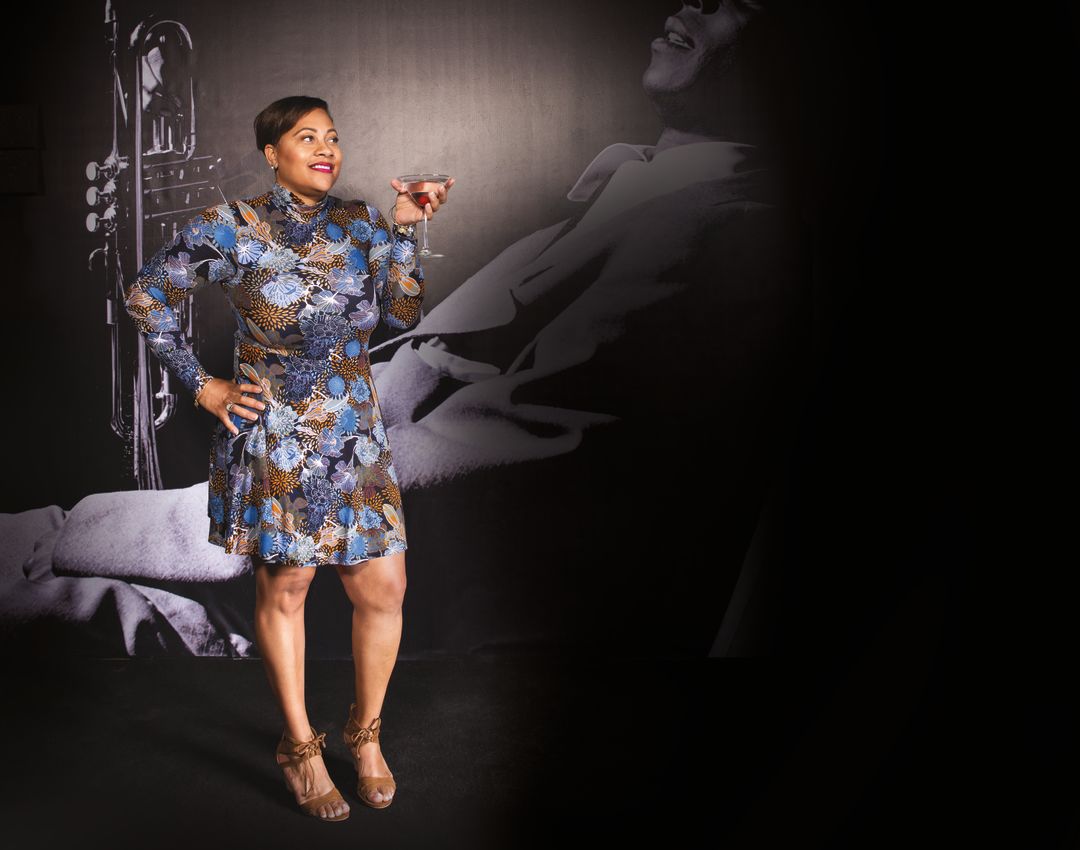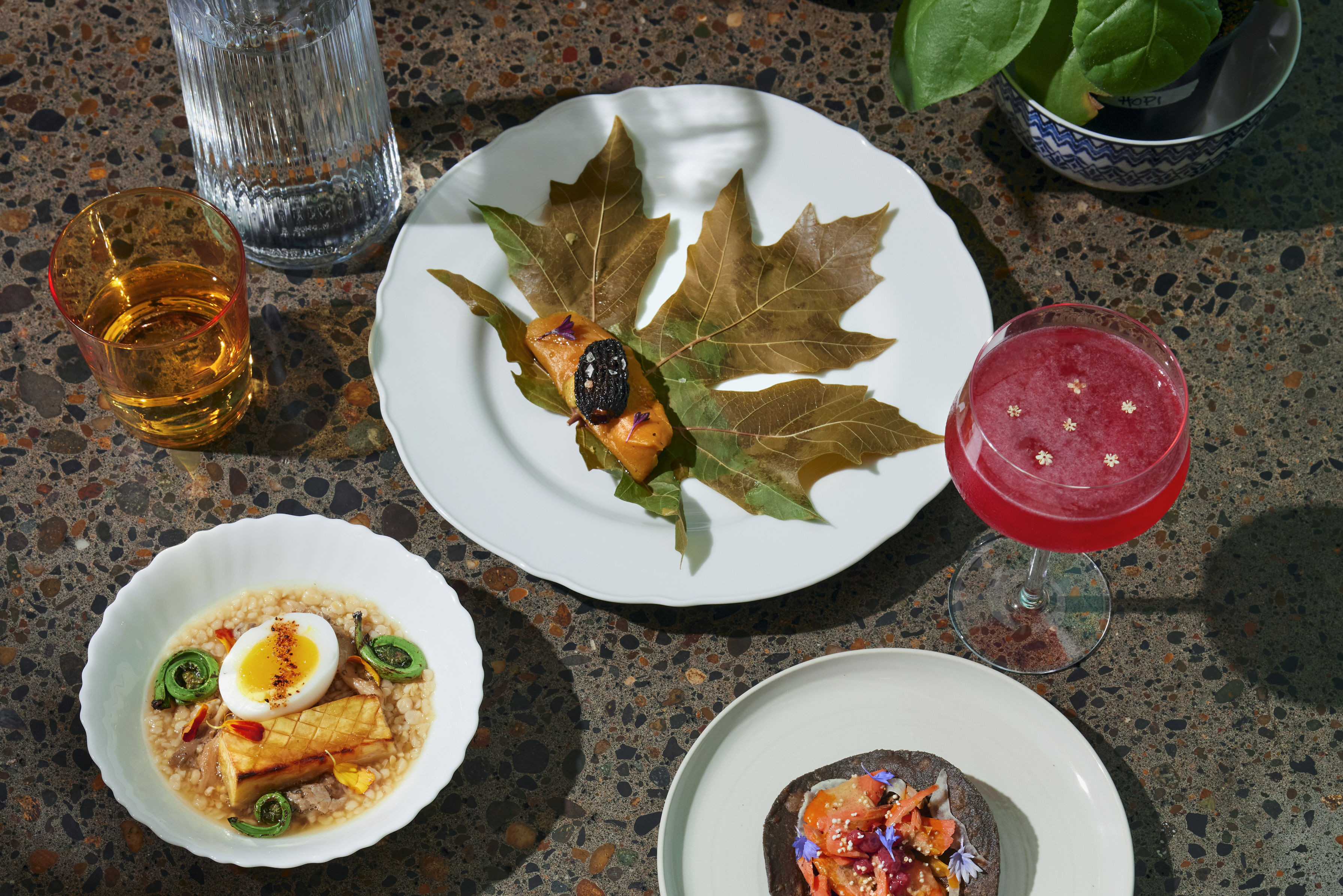Meet the Portland Entrepreneur Taking on the White, Male-Centric Booze Industry

Image: Michelle Mitchell
The commercial starts slowly: a pair of black stilettos with peekaboo red soles—one of the few dashes of color in the otherwise black-and-white video—strutting confidently into a board room full of women. A low voice, almost whispering: There’s a new top shelf in town. Miru: ultra premium vodka. One woman stands at the front of the room, tapping a wall map, like she’s prepping for world domination. We’re taking over, coast to coast. East, west. North, south. You will see: Miru.
Twee artisan branding this is not.
“I wanted bottle service and sparkles with my vodka,” says Chaunci King, from behind oversized sunglasses that make it hard to tell where she’s looking. “I know it’s going to be successful.”
The video promotes King’s two-year-old pear-flavored vodka, Miru, the first release from her company, Royalty Spirits. King—born and raised in Portland—started Royalty in 2014, after nearly two decades of working as a recruiter, moonlighting as a bartender, and raising two kids. She lacked investors, not to mention a distilling background. But King brought a keen sense of image to the product, producing the first 6,000 bottles in 2014 by outsourcing production to Oregon Spirits. The bottle’s curling, regal fonts and Victorian lion sporting a crown worked. Miru is now available in 84 percent of Oregon liquor stores, and it’s making inroads in Southern California.
The vodka is named for the great and terrible Cook Islands goddess Miru, who stupefies men with kava and eats them. King says she chose the “dominating sea goddess” as her way of taking on the male-centric booze industry. “It’s tough just to get distributorship,” she says, adding that white male sales reps get more meetings with potential clients than she does. “You know, there are a lot of women running bars and restaurants, but most distributors are white men.”
Indeed, a Bureau of Labor Statistics report showed that in 2015 only 21 percent of alcohol wholesalers were women; just 4 percent were African American. Meanwhile, women make up more than half of the alcohol hospitality workforce, which is 6 percent African American. Drinking demographics break down similarly. That might explain the brazen hope underlying her promotional video’s brashness: that a black woman who has actually poured drinks for a living can capture an untapped market.
Ahead of Miru’s second batch, King is now working on a bottle redesign with Portland design firm Wieden & Kennedy—one perk of winning the Portland Development Commission’s Startup PDX Challenge in late 2015. The bottle will more closely reflect the brand’s connection to the man-eating goddess. The company is not yet profitable, and with a recent production run of another 6,000 bottles, money is tight. But from behind those glasses, King is already looking at new markets like Idaho and Washington, and a future as a role model.
“I want people to see: if this little black girl from Portland can make it, so can I.”




